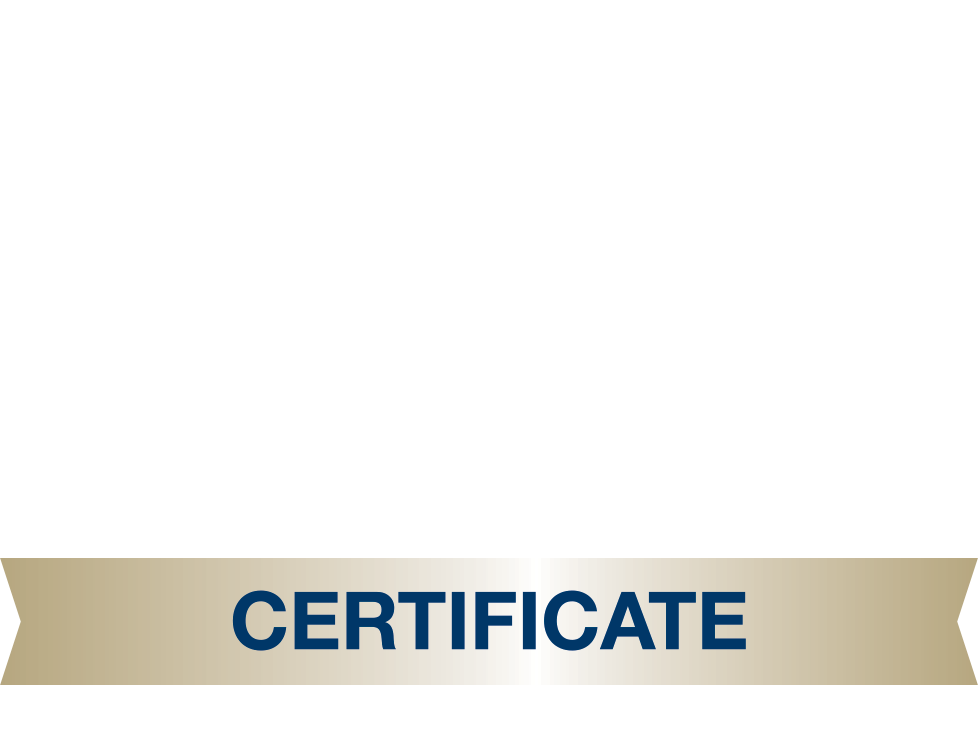
One thing many people don’t pay much attention to is how their retirement accounts are taxed. People treat retirement as a simple equation that looks like this:
Put money in now → Get money out later.
But it’s not that simple! There are a lot of intricacies and strategies for getting as much as you can out of your retirement savings. To put it plainly, you could be spending more money than you need to on taxes if your retirement accounts aren’t set up the right way.
For example, let’s consider a traditional IRA and a Roth IRA. Both are taxed very differently. Do you know the difference? Do you know which one is better for you based on your personal situation?
A traditional IRA is taxed on withdrawal. So, you put money in now as a contribution to the account, and when you retire, the distributions from that account are taxed as income. Your contributions to a traditional IRA are deducted from your taxable income in the year that they are made. So, contributing to a traditional IRA might help reduce your current tax bracket.[1]
A Roth IRA is a little different. Contributions to a Roth IRA are made with money that has already been taxed. So these contributions don’t get deducted from your taxes. This is a bit of a downside to a Roth IRA, but the upside is that when you receive distributions from your Roth account when you retire, they are not taxed.[1]
Each of these accounts has different situations where they are advantageous. For example, Roth IRAs come with limitations for folks in higher tax brackets. But, if you are in a lower tax bracket without these limits, a Roth IRA may be a good option for you.[2] Also, Roth IRAs, because of their tax structure, might be useful for a person who believes they will be in a higher tax bracket in retirement. Because the money from a Roth IRA is taxed now, if you expect to be taxed more in the future, then a Roth IRA might be something to consider.[1]
If you expect to be in a lower tax bracket when you retire (which is quite possible), it might be a good idea to consider a traditional IRA. Traditional IRAs have the benefit of being taxed when you receive your distributions, which can be useful for those folks who are in a lower tax bracket while they are retired and thus pay a lower rate than they might during their working years.[1]
If you haven’t thought deeply about your retirement strategy, consider reaching out to one of our professionals today for a complimentary review of your finances. We can help you design a plan that is built around your situation.
[1] https://www.investopedia.com/retirement/roth-vs-traditional-ira-which-is-right-for-you/
[2] https://www.investopedia.com/articles/personal-finance/081615/basics-roth-ira-contribution-rules.asp
This blog is designed to provide general information on the subjects covered. Pursuant to IRS Circular 230, it is not intended to provide specific legal or tax advice and cannot be used to avoid penalties or to promote, market, or recommend any tax plan or arrangement. You are encouraged to consult your personal tax advisor or attorney.





